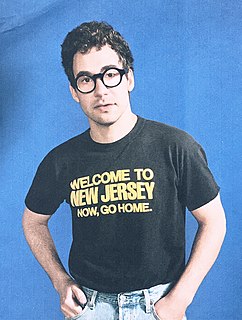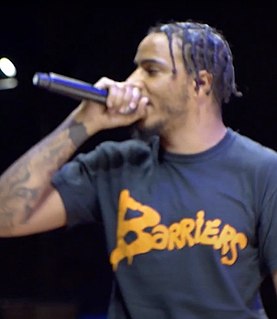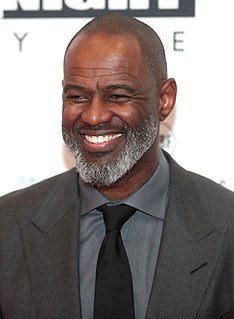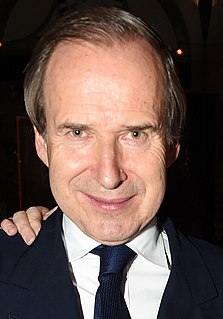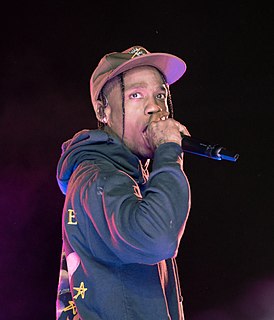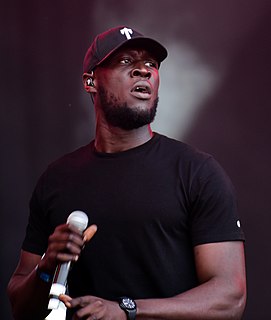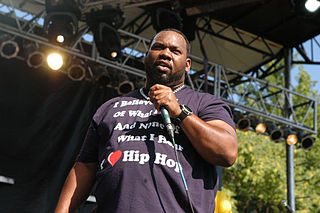A Quote by M.I.A.
Now, [hip-hop/grime artists] Stormzy, Skepta, or the Section Boyz have to be validated by Drake, Rihanna or Beyoncé. They're rolled into this one urban culture bubble; it's not really to do with, "I'm specifically f - ked off about my country and what's going on in my town." We're very much only showing success to artists who impress American artists, and I'm one of them.
Related Quotes
What sets 'Some Nights' apart from anything we've ever done is the hip-hop influence. Not so much the actual sound of hip-hop, but more the vibrato and the artistry that comes with it. Right now, the artists that seem to be pushing to be the greatest artists and are trying to change the world are hip-hop artists.
If you want to speak about different ethnicities and diversity, rap and hip-hop are all over the planet. Every country, from Turkey to Australia, now has tons of hip-hop artists. The music and artistry have moved way faster than the corporatization of the music. You do need organization and opportunity for these artists to express themselves, and I don't think it has to come from a corporate co-signing.
Lady Gaga, Beyonce, Rihanna, all of these artists that we do love - you see so much of what we do, the personas, makeup, hair, fashion - like, all of is now incorporated in pop culture, and a lot of it has to do with drag, because we over-exaggerate everything, right? We take it out to the next level.
In the industry, artists of of color struggle the most. Caucasian artists have really solidified themselves in the industry, and with African Americans now we see directors and producers who vow to only produce work that shines a light on African American artists. But everybody in the middle gets lost.
Before I think we was emcees, we was more or less narrators too. Because if you look at the early '80s hip hop, it was so much creativity goin' on with artists like then, like Slick Rick, then you had Rakim, and you had these different kind of artists back then. And we was a marble cake of all these artists. So I didn't have a problem with writin' stories because I felt like that was somethin' I loved to do. Even to this day, I really consider myself an entertainer-slash-narrator. I like to talk about stuff that goes on.

